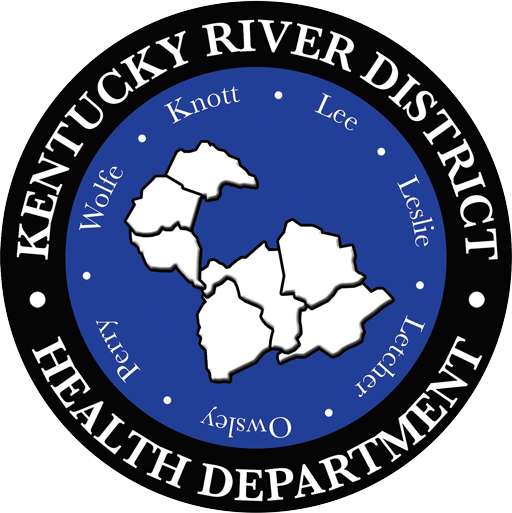Ky. River Medical Reserve Corp
The mission of the Ky. River Medical Reserve Corps is to provide support medically and non-medically during emergencies, disasters, and public health practice initiatives.
What is the Medical Reserve Corps?
MRC Units are community- based and function as a way to locally organize and utilize volunteers –medical professionals and others –who want to donate their time and expertise to promote healthy living throughout the year and to prepare for and respond to emergencies. MRC volunteers supplement existing local emergency and public health resources.
About the Medical Reserve Corps
The Kentucky River Medical Reserve Corps was established in 2004. The Ky. River District Health Department recruits and trains medical and non-medical volunteers. Medically, this would include current or retired physicians, dentists, veterinarians, pharmacists, nurses, and others with relevant skills. ANYONE can volunteer.
Disaster/Emergency Preparedness
The Preparedness Program at the Kentucky River District Health Department strives to build agency and community preparedness through trainings, exercises, and outreach. KRDHD regularly participates in drills which test our regular and alternative communication systems such as: regional and state-wide satellite communications testing and quarterly Health Alert Network (HAN) drills. The Kentucky River District Health Department has plans in place to protect its citizens in the event of a natural disaster or a bioterrorism attack. Public health and personal preparedness are crucial in the face of any disaster and special emphasis has been placed on training our staff on how to react in the event of a disaster.
Go Bag
While the circumstances may differ, there’s one tip that every person needs to take from all disaster situations: how to pack a “go bag.”
A go bag is a packed case that you grab on your way out the door, and that will help keep you safe and comfortable in the coming hours and days. Stopping to hunt for your medications or other important needs can cost you critical seconds in an evacuation. Pack a separate go bag for yourself and every member of your household, and keep them stored in the same location.
Recommendations include:
Basic electronics
Pack an extra phone charger in case you’re fortunate enough to have electricity, and a portable battery pack in case you’re not. Also stash a long-lasting LED flashlight. Pack a small hand-cranked or battery-operated AM/FM radio (with extra batteries).
Personal needs
While getting ready for a typical day, list every toiletry you use, then buy a travel-size version of each. Pack backup eyeglasses, as well as a first-aid kit, baby wipes and a multipurpose tool with a knife and can opener.
Clothing
Pack a few days’ worth. Include layers you can add or remove, plus lightweight rain gear and waterproof boots.
Your meds
Pack about three days’ worth of each of your prescriptions, which should last until you can get to a pharmacy that’s open. If you need larger items, such as an oxygen tank, make sure you have a portable version.
The perfect bag
Think small and portable. A backpack is ideal, but a lightweight suitcase with wheels will also do. Just remember, you may literally be running with it.
Paperwork
Fill a zip-top waterproof bag with photocopies of your birth certificate; driver’s license; Social Security and Medicare cards; power of attorney and will; any marriage, adoption or naturalization certificates; proof of address; insurance, medical and immunization records; and information about your credit and ATM cards.
Food and drink
Bottled water is essential. Granola or energy bars are great because they are small and filling, and they come in a variety of flavors.
Cash
In addition to enough money for a few days, include small bills and a roll of quarters. If you need to buy something out of a vending machine, you don’t want to start asking equally desperate strangers for change.
